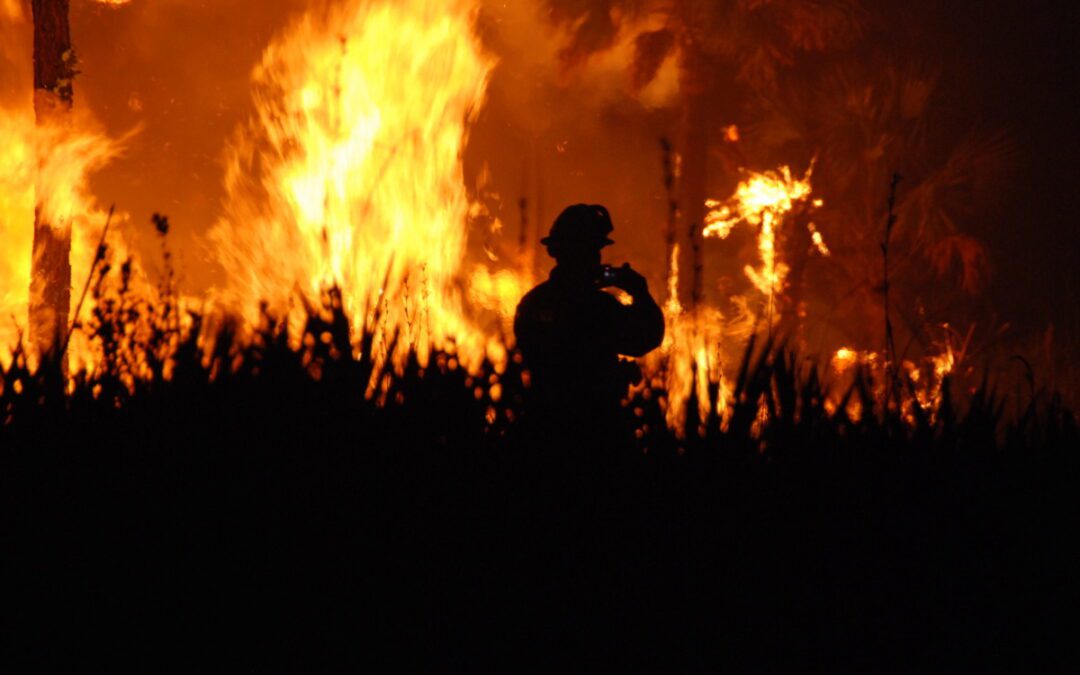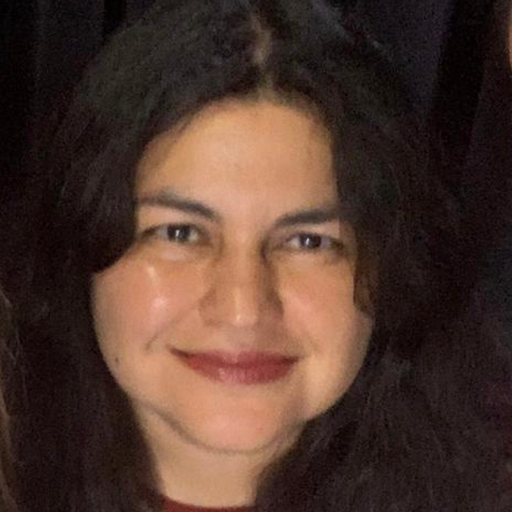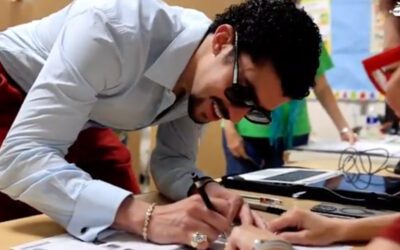Despite evidence that warm weather may have some effect on the virus, studies are not conclusive and complacency could have, according to experts, “disastrous results.”
With the official start of summer a little over two months away, many are wondering if the coronavirus pandemic will diminish significantly due to increasing temperatures. This belief has been making the rounds lately, and got more traction when at a March rally in New Hampshire president Trump tied warmer temperatures to a slowdown of a spread of COVID-19.
“A lot of people think that goes away in April, with the heat, as the heat comes in, typically that will go away,” Trump repeated later to a group of governors, even though some experts believed that a springtime retreat for the virus might only mean it returns later in the year.
Still, the president’s prediction proved to be tragically off the mark, with the United States surpassing all other nations in the reported number of people infected with the coronavirus. As of April 1, nearly 190,000 cases have been documented.
RELATED: Officials Tried To Warn Trump A Pandemic Was Coming In January. He Didn’t Listen.
How True Is the Coronavirus-Heat Link?
While countries with equatorial climates and in the Southern Hemisphere currently in the middle of summer have reported cases of COVID-19, regions with average temperatures above 64.4 degrees Fahrenheit (or 18 degrees Celsius) account for fewer than 6 percent of global cases so far, according to an early analysis by scientists at the Massachusetts Institute of Technology.
The study shows the link to temperature is also evident within the United States, as Southern states like Florida, Texas, and Arizona, have experienced slower outbreak growth compared with states like New York and Washington.
Another study, conducted in Spain and Finland, found that the virus appeared to find footing in dry conditions and temperatures between 28.3 degrees and 49 degrees Fahrenheit (minus 2 and 10 degrees Celsius). However, it is important to keep in mind that none of the studies have been peer-reviewed by other scientists.
“There is a preliminary study that says [the warmer weather link] may be possible, but it has never had verification research and there are scientific studies questioning sampling and statistical analysis,” says Frances Colón, Ph.D., a political and environmental expert from Puerto Rico. “Studies are being done, but that kind of study of how the virus reacts to the seasons, temperatures and humidity can only be done with the passing and changing of the seasons. In short, we have to wait.”
Some experts agree with Colón that it will take some time before health officials have a clearer picture of how weather influences the trajectory of coronavirus, according to the Pan American Health Organization.
It is also important to keep in mind that other factors besides the weather, such as travel restrictions, social distancing measures and the availability of tests, among others, might have affected the number of cases in different countries. So, with questions still up in the air and more studies needed, many experts agree that the possible correlation between coronavirus cases and climate should not lead policymakers and the public to lower their guard.
Don’t Let Your Guard Down
So even though people in the warmer states, and places like Puerto Rico, are hoping that summer will bring some relief, the fact that local transmission is happening across the global south signals that this virus may be more resilient to warmer temperatures than the flu and other respiratory viruses.
For this reason, The World Health Organization (WHO) officials are urging countries to continue to act aggressively to contain the virus. Assuming that the virus is less dangerous in warmer temperatures is one of the biggest dangers right now. The results, warn the experts, could be disastrous.
So to be clear: Exposing yourself to the sun or to temperatures higher than 77 degrees F (25C) does not prevent the coronavirus disease, asserts WHO. It stresses that one can catch COVID-19 no matter how sunny or hot the weather is, as countries with hot weather have reported cases of coronavirus. So they urge the public to follow social distancing guidelines, make sure to wash/clean their hands frequently and thoroughly, and avoid touching eyes, mouth, and nose.
RELATED: Trump Is Trying to End Health Care For Millions In the Middle of a Pandemic
Support Our Cause
Thank you for taking the time to read our work. Before you go, we hope you'll consider supporting our values-driven journalism, which has always strived to make clear what's really at stake for Floridians and our future.
Since day one, our goal here at Floricua has always been to empower people across the state with fact-based news and information. We believe that when people are armed with knowledge about what's happening in their local, state, and federal governments—including who is working on their behalf and who is actively trying to block efforts aimed at improving the daily lives of Florida families—they will be inspired to become civically engaged.


Stay safe, Puerto Rico: The governor issues a state of emergency due to heavy rains, flooding
The executive order also authorizes the activation of the National Guard to assist in relief efforts. The Guard will be tasked with providing...

Jennifer López and Bad Bunny steal the spotlight at Met Gala 2024
The artists were co-chairs of the event, alongside Zendaya and Chris Hemsworth. Rauw Alejandro also attended. Puerto Rican artists Jennifer López...

Florida’s wildfire season: What you need to know
Discover Florida's year-round wildfire risks, contributing factors, and prevention strategies, plus key historical events and community awareness....

Decline of Florida’s citrus industry hastened by Trump’s tariff tiff
Hurricanes and disease have already taken a tremendous toll on those fragrant trees, not to mention development demand for the land. This weekend I...





